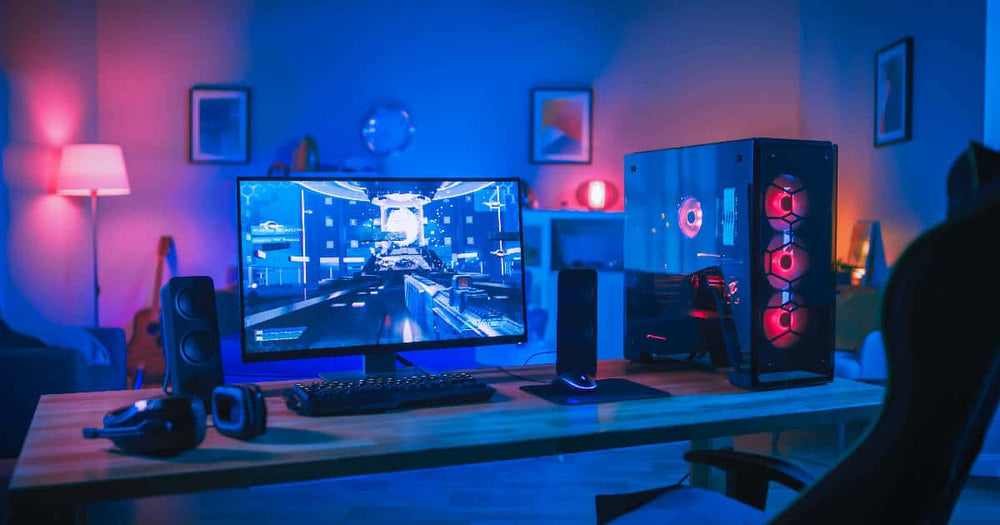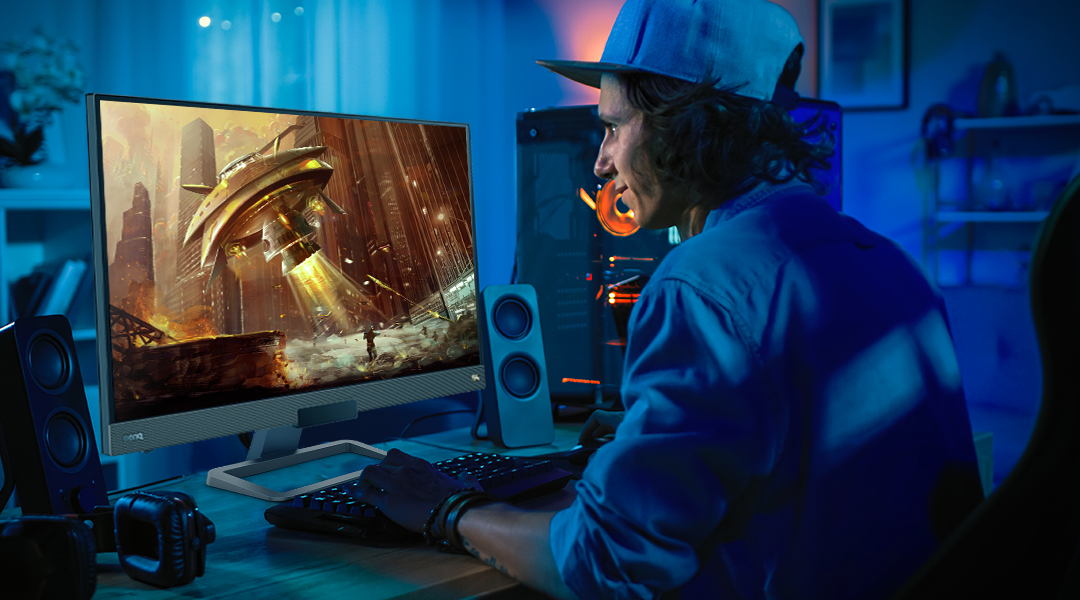Is an AMD Graphic Card good for gaming?
Is an AMD Graphic Card a Good Choice for Gaming? Here’s What You Need to Know
When it comes to gaming, one of the most critical components of your system is the graphics card. For many gamers, AMD Radeon™ graphics cards have become a popular choice due to their impressive performance, affordability, and cutting-edge features. But are AMD graphics cards truly good for gaming? Let’s delve into the details, comparing them with their Nvidia counterparts, and explore their performance across various resolutions.
Performance Comparison
4K & Beyond Gaming Experiences

For gamers seeking the ultimate visual experience, 4K gaming is the pinnacle. AMD Radeon™ graphics cards shine in this domain, thanks to their robust specifications:
- High VRAM Configurations: Ensuring smooth gameplay even in VRAM-intensive scenarios.
- Numerous Compute Units: Facilitating superior processing power for high-detail graphics.
- Advanced Display I/O: Supporting the latest monitors and technologies.
- Next-Gen Gaming Technologies: Including features like ray tracing and AI-driven enhancements.
When tested internally by AMD, their high-end cards such as the Radeon RX 7900 XTX and RX 7900 XT consistently deliver excellent performance, often rivalling or surpassing their Nvidia counterparts like the RTX 4080 and 4090 in various benchmarks.
1440p Gaming Experiences
1440p gaming offers a balanced mix of high resolution and high frame rates, making it a sweet spot for many gamers. AMD Radeon™ graphics cards in this category are designed to provide exceptional value:
- Optimal VRAM: Balancing capacity and speed for enhanced performance.
- Efficient Compute Units: Ensuring that the card can handle high settings with ease.
- Performance-Per-Dollar: Offering great performance without breaking the bank.
- Upscaling Technologies: Such as AMD's FidelityFX Super Resolution (FSR) to boost frame rates without compromising visual quality.
Models like the Radeon RX 6800 XT and RX 6700 XT are particularly noted for their strong performance at 1440p, making them popular choices among gamers who want both high quality and high frame rates.
1080p Gaming Experiences

For the majority of gamers who play at 1080p, AMD Radeon™ offers a range of options that cater to various performance needs and budgets:
- Compute Units: Enough to handle modern games at high settings.
- Performance-Per-Dollar: Providing excellent gaming experiences at lower costs.
- Versatility: Suitable for both entry-level and high-performance gaming needs.
The Radeon RX 6600 and RX 6600 XT are standout models for 1080p gaming, delivering solid performance and high frame rates in popular titles without requiring a significant investment.
Competitive Comparison: AMD vs. Nvidia
For full transparency, comparing AMD Radeon™ graphics cards with Nvidia’s RTX series is essential. Performance metrics from AMD’s internal labs indicate that Radeon™ cards often lead in terms of VRAM configurations and performance-per-dollar ratios. However, Nvidia’s RTX series may offer advantages in ray tracing and DLSS (Deep Learning Super Sampling) technology.
- VRAM: AMD typically offers higher VRAM at similar price points, beneficial for future-proofing and handling high-resolution textures.
- Ray Tracing: Nvidia has a more mature ray tracing technology, which can result in better visual effects in supported games.
- Price-to-Performance: AMD generally provides a better cost-to-performance ratio, making high-end gaming more accessible to budget-conscious gamers.
Conclusion
AMD Radeon™ graphics cards are indeed good for gaming, offering competitive performance across 1080p, 1440p, and 4K resolutions. With leading VRAM configurations, excellent performance-per-dollar, and next-generation features like FidelityFX, AMD provides a robust gaming experience for various types of gamers. Whether you prioritize high-resolution gaming or seek the best value for your investment, AMD Radeon™ graphics cards are a solid choice. For detailed performance comparisons and the latest updates, utilize the AMD GPU comparison tool, keeping in mind the provided disclaimers regarding potential inaccuracies and updates.




